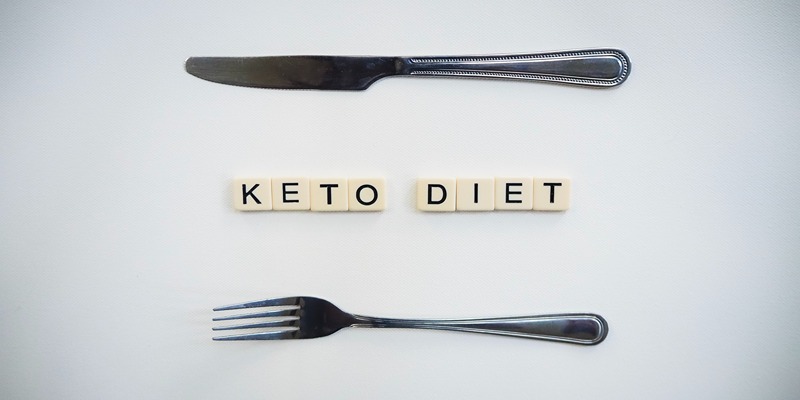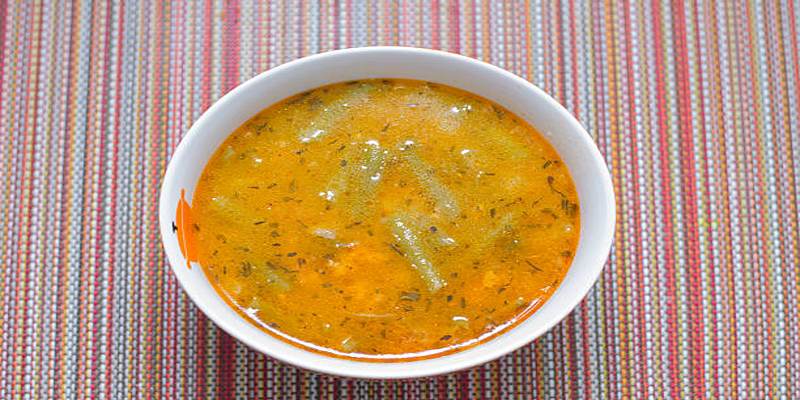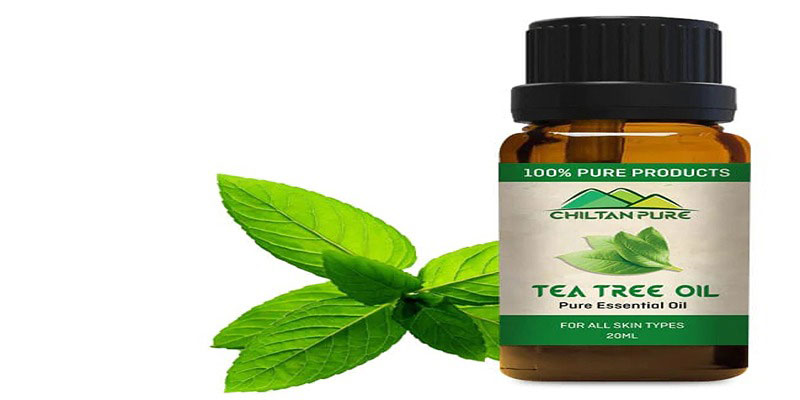Discover Honeydew Melon's Nutritional Value and Wellness Gains
Dec 22, 2023 By Nancy Miller
Honeydew melons are nutritious and hydrating due to their large oval form, smooth peel, and pale core. Low-calorie melons with a lot of satisfying juice. Honeydew melons give nutrition to diets with low fat and protein. They are rich in vitamin C and potassium despite their low fiber content. This nutritional profile makes them a healthy, refreshing fruit alternative. Honeydew melon benefits a balanced diet, either eaten alone or in recipes.
Nutrition Facts
A one-cup (177g) portion of balled honeydew melon has a light and pleasant nutritional profile. Honeydew melons satiate without guilt with 64 calories, 1g of protein, and 0.3g of fat. The 16g of carbs comprises 1.4g of fiber and 14g of natural sugars. Honeydews are a nutritional powerhouse with 31.9mg of vitamin C and 404mg of potassium. These vital minerals boost immunity and electrolytes. Honeydew melons are hydrating and low in calories, adding taste and nutrition to a single serving.
Fats
Honeydew melon has less than half a gram of fat per serving. It's a natural sweetness, and low fat makes it a guilt-free snack.
Protein
Protein is scarce in honeydew melon, which has 1 gram per cup. Despite its low protein content, it's sweet and hydrating, making it a pleasant snack for a balanced diet.
Carbs
A cup of diced honeydew melon balls has 16 grams of carbs, mostly natural sugars (14 grams). With 1.4 grams of fiber, this dish is nutritious. Honeydew melon is delicious yet low in sugar. With a moderate glycemic index of 62 (where values under 55 are considered low) and a glycemic load of 9, classified as low, honeydew melon is a favorable choice for those mindful of their blood sugar levels. The glycemic load considers the serving size, providing a more nuanced understanding of how this fruit may impact blood sugar.
Calories
A cup of 177 g honeydew melon calories ratio is 64, 92% from carbs. Protein provides 5% of calories and fat 3%. This hydrating, low-calorie fruit is delightful and beneficial for dieters.
Vitamins And Minerals

Folate, magnesium, potassium, vitamin C, and vitamin B6 enhance benefits of honeydew melon for health. One cup of balled melon provides 35% of the most vital nutrient, vitamin C, for a 2,000-calorie diet. Vitamins and hydration are in this fruit. Honeydew melon is delicious and healthy because it includes metabolism-boosting and immunity-boosting nutrients. This tasty and refreshing fruit may meet your nutritional demands and boost your health.
Health Benefits of Honeydew
Many health benefits come with honeydew melon, a delightful summer delicacy: smooth skin, pale middle. You can feel better by eating this wonderful fruit.
Prevents Neural Tube Birth Defects
Folate-rich vegetables like watermelon help pregnant women avoid neural tube abnormalities. B-complex vitamin folate reduces the risk of major congenital disabilities such as spina bifida and anencephaly. Watermelon can help pregnant women get enough folate for their babies. Watermelon is pleasant and beneficial during pregnancy due to its sweetness and hydration. Expectant moms can help their unborn child develop and thrive by eating a balanced diet with folate-rich foods.
Prevents Dehydration
A water-based snack, honeydew melon hydrates. This luscious fruit is a delicious summertime hydration choice with 159 grams of water per cup. The high water content quenches thirst and supports body functioning by increasing fluid intake. Honeydew is a tasty and natural way to stay hydrated. Honeydew adds taste to water, smoothies, and fruit juices, boosting its hydration properties. This juicy, adaptable melon stimulates your taste senses and hydrates you, making it a healthy and tasty snack.
Maintains Heart Health
Heart-healthy honeydew melon is high in potassium and low in salt. Lower salt levels improve cardiovascular health, whereas potassium regulates blood pressure—watermelon's folate and B vitamins lower homocysteine. Homocysteine increases inflammation and heart disease risk. Eating melons, especially honeydew may benefit heart health. These fruits are tasty and refreshing but contain nutrients that improve cardiovascular function and may lessen heart disease risk. Include melons in your balanced diet for a delightful, heart-healthy snack or supper.
Helps In Diabetes
Despite its sugar concentration, honeydew melon benefits diabetes management. Honeydew melon's fiber and water reduce blood sugar rise. Research links regular fruit eating, especially honeydew melon, to a decreased risk of diabetes. This contradicts the idea that people with diabetes should avoid fresh fruits like melons. Honeydew melon is healthy for diabetic people since its fiber regulates blood sugar. Honeydew melon's diabetes-friendliness emphasizes the need to include such fruits in a balanced and diverse diet for overall wellness.
Repairs Skin

Due to its vitamin C concentration, honeydew melons help repair and maintain skin. Vitamin C helps produce collagen, a structural protein for skin tissue healing. One cup of honeydew melon provides 36% of the daily vitamin C requirement or 32 milligrams. Maintaining skin suppleness and mending damaged skin requires collagen.
Honeydew melon antioxidants, particularly vitamin C, fight oxidative stress and protect skin from environmental damage. Antioxidants keep skin healthy from the inside out, giving it a beautiful glow. Honeydew melons are a delightful and natural approach to help skin regeneration, demonstrating the value of nutrient-rich fruits for skin health.
Protects Eyes
Honeydew melons contain lutein and zeaxanthin, which protect the eyes. Over time, cataracts and AMD cause visual deterioration due to aging and sunlight. The carotenoids in honeydew melons protect against these eye diseases. Antioxidants like lutein and zeaxanthin protect vision and reduce environmental damage to fragile eye tissues. You get carotenoids that protect your eyes from age-related eye diseases by eating honeydew melons. Honeydew melons are good for your eyes if you eat them often.
Low–Calorie Snack
Honeydew melon is a healthy, low-calorie snack with many nutrients. Honeydew has 64 calories per cup (177g), making it a good weight-loss option. Vitamin C, potassium, and fiber are abundant in this tasty fruit. Honeydew is great for weight reduction or maintenance due to its low-calorie level. Its natural sweetness curbs appetites without adding calories. Fiber promotes satiety, portion management, and digestive health. Honeydew also has enough carbs, fiber, and vitamins for weight reduction. Due to its high water content, it's a pleasant snack, especially in hot months.

Mastering Keto: Essential Foods to Activate Ketosis

Discover Incredible Ways to Practice Sustainable Recovery

Moong Dal Soup: A Quick, Healthy Recipe for Your Weight Loss Journey

Identifying Migraine Attacks and Cluster Headaches: A Comprehensive Guide

10 Besy Tips to Protect Your Hair From Heat and Damage

Bridging the Gap Between Treatment and Recovery: Effective Strategies for Transition

Discover the Benefits of Leg Raise Exercise


